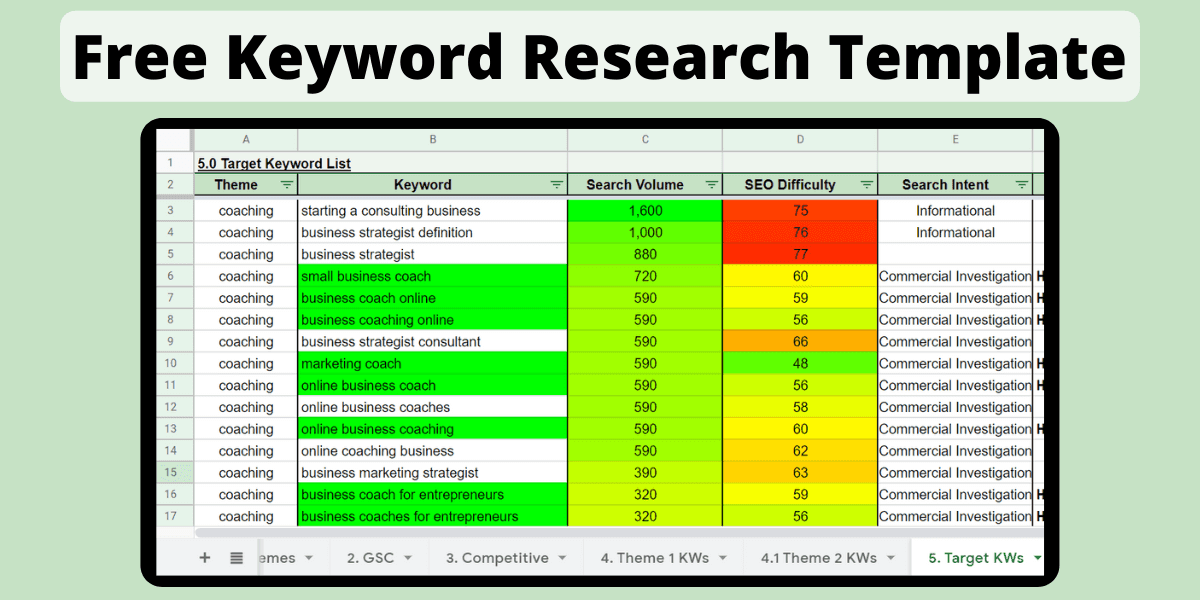
Image via Pexels
What is SEO?
Search Engine Optimization (SEO) refers to the methods used to increase the ranking of a website in search engines. By improving a website, organizations facilitate its access by users through search engines such as Google, Bing, and Yahoo. This article will focus on explaining the concept of SEO from A to Z.
How Search Engines Work
Search engines like Google use intricate algorithms to figure out which websites best match what you’re searching for. They deploy “crawlers” or “spiders” to explore the internet, indexing web pages and ranking them based on several factors, including how relevant they are, their authority, and the overall user experience.
Importance of SEO

Image via Pexels
SEO, or Search Engine Optimization, is crucial for anyone looking to boost their online presence, whether you’re a business or an individual. Here’s why it matters:
Increased Visibility: When your website is optimized well, it’s more likely to show up on the first page of search engine results. Since most people don’t bother looking beyond that first page, being at the top can significantly increase your chances of attracting visitors.
Organic Traffic: SEO helps you draw in organic, or unpaid, traffic. Unlike paid ads, which can get pricey, organic traffic is free and can be a smart long-term strategy for driving visitors to your site.
Credibility and Trust: Websites that rank higher in search results are generally viewed as more credible. Users tend to trust search engines, and a good ranking can be seen as a stamp of approval.
User Experience: Good SEO practices not only help with rankings but also enhance the overall user experience. This includes making your site mobile-friendly, fast-loading, and easy to navigate—benefits that users and search engines alike appreciate.
In short, investing in SEO is investing in the future of your online presence!
Is SEO Free?
A question that often comes up is, “Is SEO free?” The answer is a bit of a mixed bag. On one hand, SEO is considered free because it focuses on attracting organic traffic without the need for paid ads. You’re not shelling out money for each click or impression like you would with traditional advertising.
However, effective SEO does come with its own set of costs:
Time and Effort: SEO takes a considerable amount of time and effort. From keyword research and content creation to optimizing web pages and building links, it can be quite the task. If you’re doing it yourself, be prepared to invest a lot of your time.
Tools and Software: While you can get started with basic SEO without spending a dime, more advanced strategies often require specialized tools. These can help with keyword research, analytics, and tracking your progress, but they usually come with subscription fees.
Hiring Professionals: Many businesses opt to bring in SEO experts or agencies to manage their SEO efforts. While this can lead to better results, it also means an additional expense.
So, while SEO can be free in theory, there are often costs involved if you want to do it effectively.
Key Components of SEO
On-Page SEO: This is all about tweaking individual web pages to help them rank better and attract more relevant visitors. Think optimizing content, meta tags, headers, and images. Plus, making sure your site is mobile-friendly and loads quickly is crucial.
Off-Page SEO: This involves activities outside your own website that can influence your search engine rankings. A big part of this is building backlinks—links from other websites to yours. High-quality backlinks from reputable sites can boost your site’s credibility and ranking.
Technical SEO: This focuses on the behind-the-scenes aspects of your website to ensure search engines can easily crawl and index it. Key elements include improving site speed, ensuring mobile-friendliness, using HTTPS for security, and having an XML sitemap.
Content: Content is king in the SEO world. Search engines love sites that offer valuable, relevant, and fresh content. This could be anything from blog posts and articles to videos and infographics. The more quality content you provide, the better your chances of ranking higher.
SEO Best Practices

Image via. Frank Piedimonte
Keyword Research: Finding the right keywords is super important. These are the terms people type into search engines when they’re looking for something. Tools like Google Keyword Planner can help you discover relevant keywords that have a decent search volume but aren’t too competitive.
Quality Content: Your content needs to be useful, engaging, and relevant to your audience. Regular updates keep your site fresh and relevant, which can help you rank higher in search results.
Mobile Optimization: More and more people are browsing on their phones, so it’s crucial that your website works well on mobile devices. Google uses mobile-first indexing, meaning it primarily uses the mobile version of your site for ranking and indexing.
Page Speed: Fast-loading websites provide a better user experience and usually rank better in search results. Tools like Google’s PageSpeed Insights can help you spot and fix issues that might be slowing your site down.
Link Building: Getting high-quality backlinks from reputable sites can give your SEO a serious boost. You can build these links through guest blogging, forming partnerships, and creating content that people want to share.
Conclusion
SEO efforts need to be updated constantly to keep up with search engines “which are” regularly updating their algorithms to deliver better results to users. Staying on top of SEO best practices can really boost your online visibility, draw in more organic traffic, and enhance your credibility. It takes time and effort, but the long-term rewards make it a smart investment.
